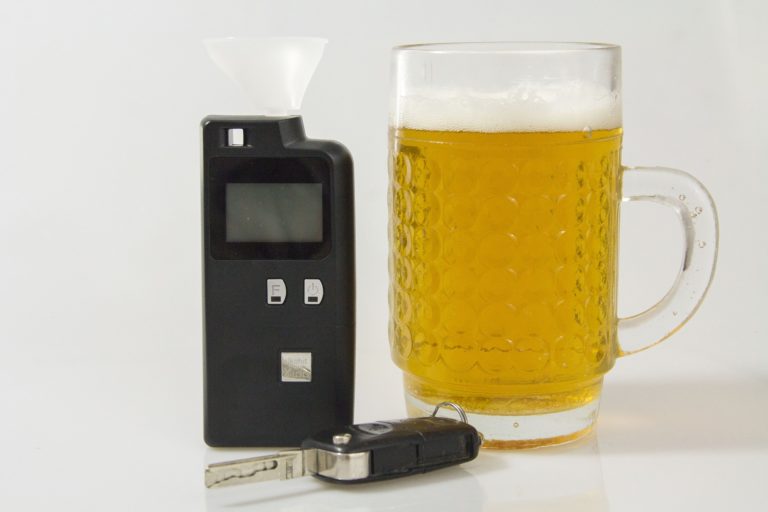
When a driver is pulled over for a suspected DWI by New York law enforcement, they may be asked to submit certain testing to determine the driver’s blood alcohol concentration (BAC). When dealing with this matter, it is important to understand the situation and your rights. Continue reading below to learn more and contact an experienced New York DWI attorney if you were charged.
Can I Refuse a Chemical Test?
A common test to determine a driver’s BAC is a breathalyzer. Drivers have the option to refuse to take a breath test in New York. However, you can face administrative penalties as a result. This includes the suspension of your driver’s license. While you can present your case at the Department of Motor Vehicles Administrative hearing, the denial of a driving privileges request can result in a suspension.
Other chemical tests can include blood or urine tests. If you refuse these, your license can be suspended at arraignment in court and revoked for at least one year. A second offense may be for 18 months. If these tests are refused, you may face a civil penalty of $500 for a first offense and $750 for a second offense.
DWI Blood Tests
Law enforcement in New York is permitted to request a driver to provide a blood sample in order to test for intoxication. If you have given blood at a DWI stop, it is crucial that you retain the services of an attorney to defend you. Some possible defenses can include:
- Was the blood drawn by an authorized person?
- Was the blood drawn in a medically acceptable manner?
- Was the sample preserved properly prior to testing?
- Was the laboratory technician that performed the tests on the blood sample qualified to do so?
- Was the equipment used for testing certified and working properly?
- Will the prosecution bring the person that drew the blood into court to testify?
- Will the prosecution bring the person that tested the blood into court to testify?
DWI Urine Tests
In order for the results of a urine test used to determine BAC to be admissible in court, law enforcement must follow certain procedures. This includes:
- Arresting based on probable cause
- Police must properly warn against the legalities of refusing to submit or provide urine samples
- The urine must be properly identified and tested
- The instruments used to analyze the sample must be certified and working properly
- The test must be performed by a trained and certified technician, chemist, or scientist
- The prosecutor must establish the chain of custody of the sample
- The prosecutor must turn over the results of the test to your attorney in a timely fashion
Contact our Firm
Criminal matters can change the course of your life forever. This is why you need an experienced attorney who will aggressively combat your charges to help mitigate their long-term effects. If you are in need of experienced legal counsel for a criminal defense matter on Long Island or throughout New York State, please contact KCS Law to schedule a consultation. We would be happy to assist you.